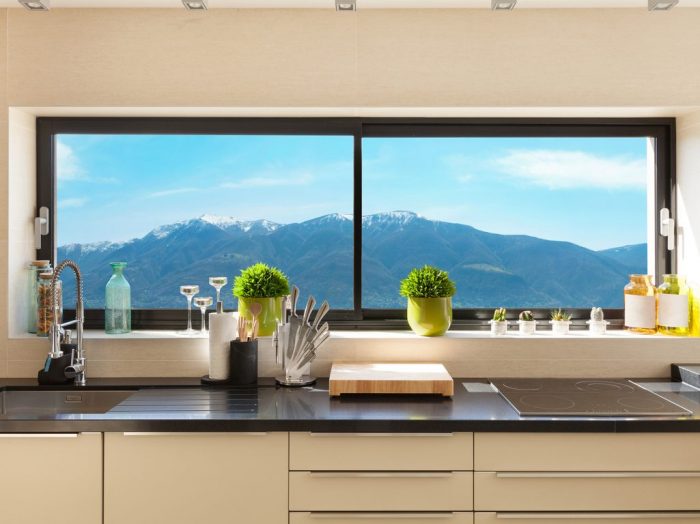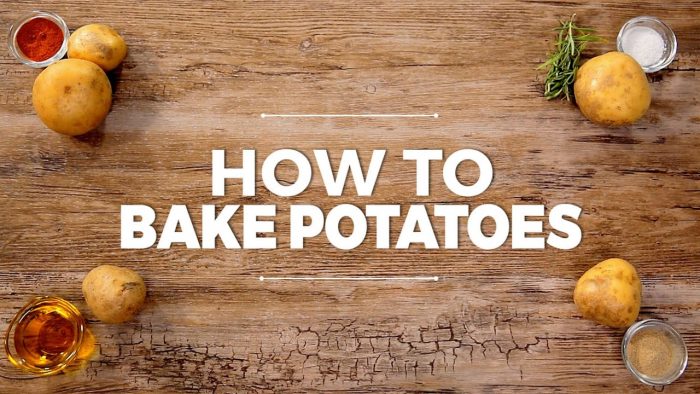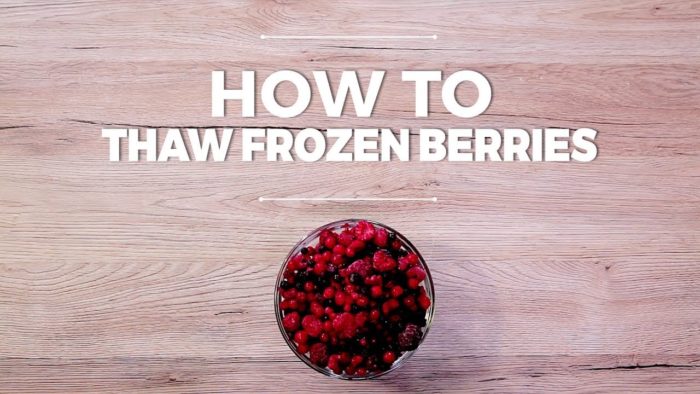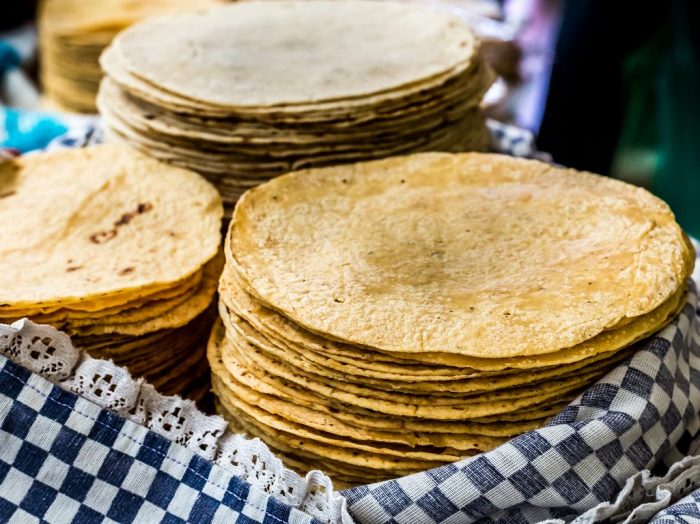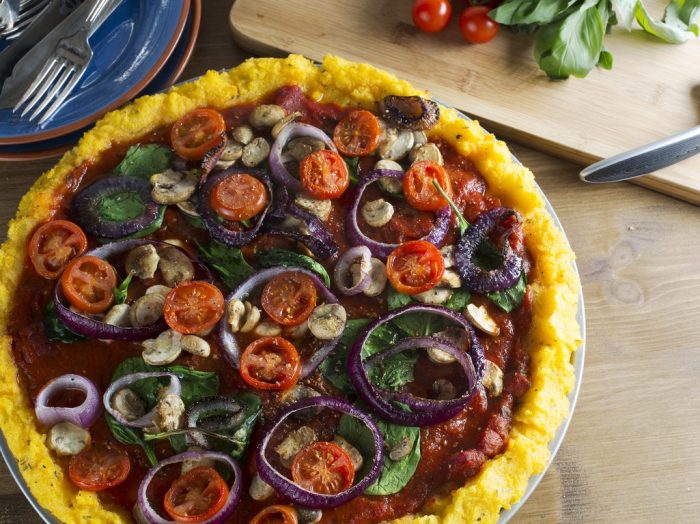Did you know that high altitudes affect recipes? Well, it’s true. The higher you are when you cook, the more differences you find from cooking at sea level, for instance. Read on to find out why that is and how you should adjust your cooking.
Weirdly enough, high altitudes affect recipes in a real and serious way. And if you’re asking yourself why then you have to know that the answer has to do with the difference in atmospheric pressure. And you should know that some recipes might not turn out as expected because of this weird geographical issue.
So how does this happen and why?
How high altitudes affect recipes
The higher the altitude you cook at, the lower the atmospheric pressure you’ll be dealing with at the time. Lower pressure leads to water evaporating more quickly. This means that the water will boil at a lower temperature than you’re used to. So the boiling point gets lower.
This is such a strange rule. Think about it: theoretically, if you were high enough, then water would boil at room temperature. But this oddity means that what we usually associate with boiling water – the bubbles, the steam, the movement of the water, is a consequence of the atmospheric pressure, and it doesn’t have much to do with temperature.
The effects are not that noticeable in general. If you live 500 feet above sea level, for instance, the boiling temperature will drop by 1 degree F. So the water won’t boil at 212 degrees F, but 211 degrees. The difference is very slight.
If you live in a high place, you need to cook longer
And this phenomenon has consequences mostly at an altitude of over 3,000 feet (about 1,000 meters) and higher. There, water will boil at around 207 degrees F (97.2 degrees C). At 5,000 feet, it will boil at 203 (95 C), while at 7,500 feet it drops below 200 degrees F (198 degrees F/92.2 degrees C to be precise). But remember that water cannot get any hotter than the boiling temperature.
The bottom line of the high altitude conundrum is that you will have to wait a little bit longer for your food to cook higher up than at sea level. But about 2-3 minutes more, not a few hours. This means paying attention to cooking times, adjusting them, and making notes of them. Also, use a fitted lid on your pots, because water evaporates quicker at high altitudes.
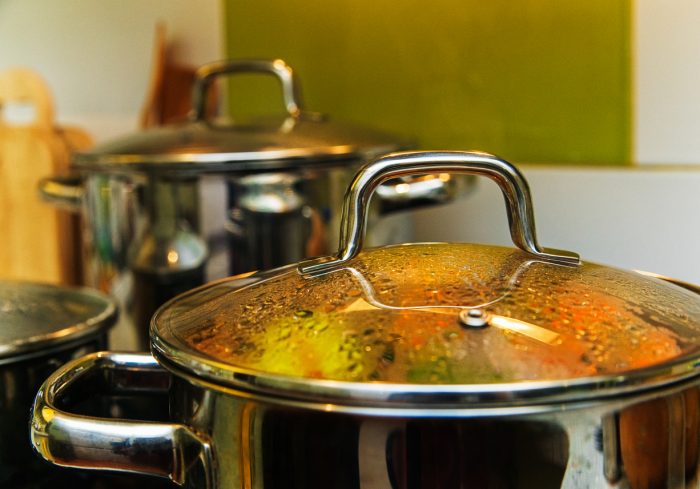
Leavening agents have extra rising power
You should also pay more attention when baking because yeast, baking powder, and baking soda have more rising power. The thinner the air is, the less resistance it offers to the gasses that the leavening agent creates. So use less of your leavening agent.
When baking at high altitudes, take the faster evaporation into account, too, and use more liquid in your dough. A simple way to do this: use an extra egg.
Eggs take longer to cook
Speaking of eggs, when you cook them at high altitudes, you’ll notice that their cooking takes longer. For basically the same reason: eggs are full of water and need more time on the heat than other foods. Don’t apply more heat to them, just give them some extra minutes to be ready.
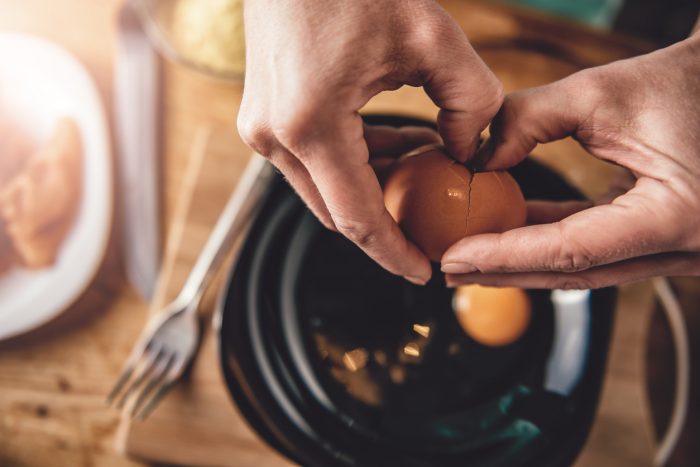
High altitudes lead to dryness
You might have a dryness problem when it comes to cooking at high altitudes. Roasting something shouldn’t change all that much, because you do it with hot air and some grease, you won’t be using many liquids. But because water evaporates more quickly, that means that all meats will lose some of their moisture quicker. A grilled pork steak or beef patty might end up drier than normal, especially if you don’t keep an eye on them. But they won’t be overcooked!
So what do you do in this case? Let the meat rest after cooking, so that whatever’s left of the liquids in it has time to redistribute. Keep the juiciness in!
Microwaves and high altitudes
You may also notice that high altitudes affect recipes cooked in the microwave oven, as well. Why is that? Because of the way microwaves cook your food: by exciting the water molecules. But just add a few extra short bursts of heat when you warm up the food and you should be fine.
If you’re making this microwave omelet in a mountain cabin, then just know you’ll have to wait longer for it to cook.

